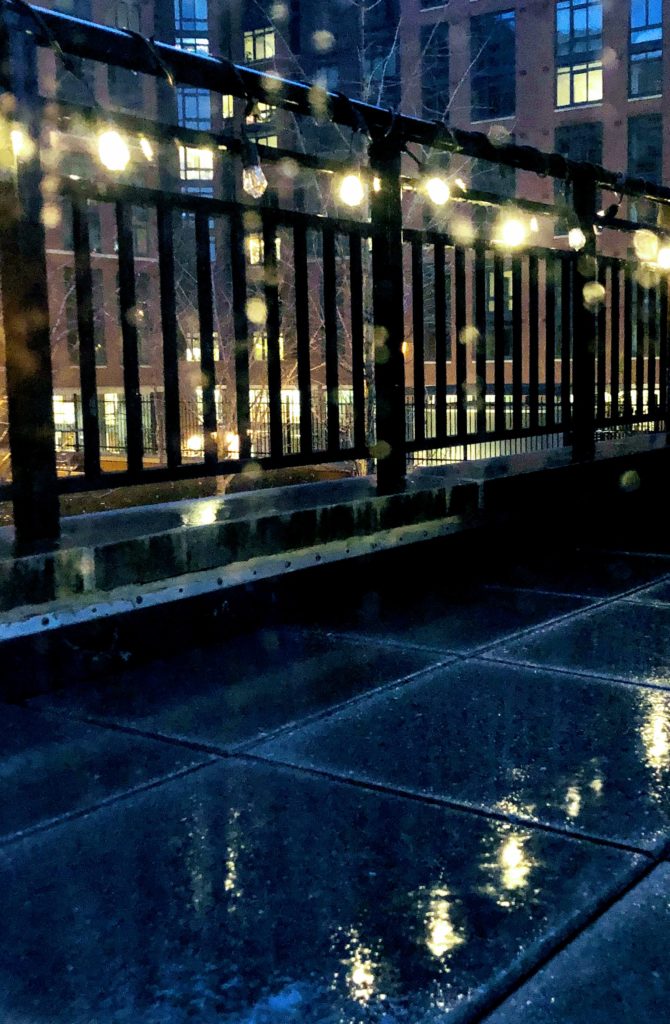Six months ago, I set the following goals for the second half of 2020:
- Take an online course on intuitive eating: ✔️, and I developed a Lot of Feelings about food and eating.
- Play the piano at least three days per week, and be able to play one specific song fluently by the end of the year: I never decided on One Big Song to perfect, but I’ve been playing most nights and getting out the old song books I had as a kid and it’s a huge joy for me and maybe the neighbor I share a wall with.
- Write a SFD (shitty first draft) of Book Three: I’m on my way, but the first draft is not close to done. Then again, I did a lot of research and I’m having a bit of a love affair with the writing it right now (to borrow an image from Elizabeth Gilbert). That feeling is the pinnacle of delight for a creative hobby. Don’t let anyone tell you it’s recognition. No, the best it gets is the itchy pull all day to get back to creating, and then the rush and the flow when it’s time to do it.
- Perfect my query letter and send 60 queries for Book One: I did not make the query letter perfect, nor did I send anywhere near 60 queries. I sent a few, and then put it aside, and then woke up one morning with my soul telling me it was time to send more, so I did, and now I’ve put it aside again.
Six months later I’m noticing how these goals mostly seem a bit pushy, achievement-oriented, perfection- and recognition-bait. Finish the class! Do the song good! Finish the draft! Make the letter perfect and then snow New York under with it! (“That seems normal, as they’re goals,” you might say, raising your eyebrow.)
I’ll think about that the next few days. How to set goals that are specific and measurable but also more oriented around a state of being than around constant doing? Looking for balance in the immense sweet spot between “bored and aimless” and “overstretched.”
Let me know some things you’re proud of yourself for in 2020!







